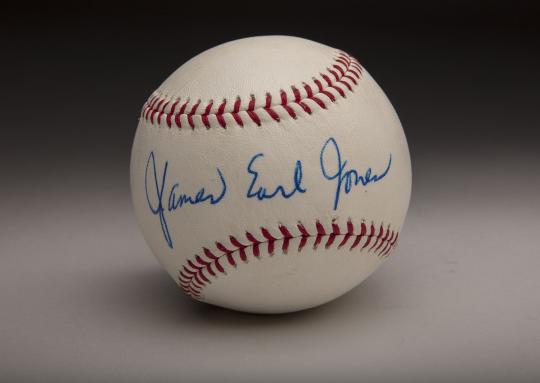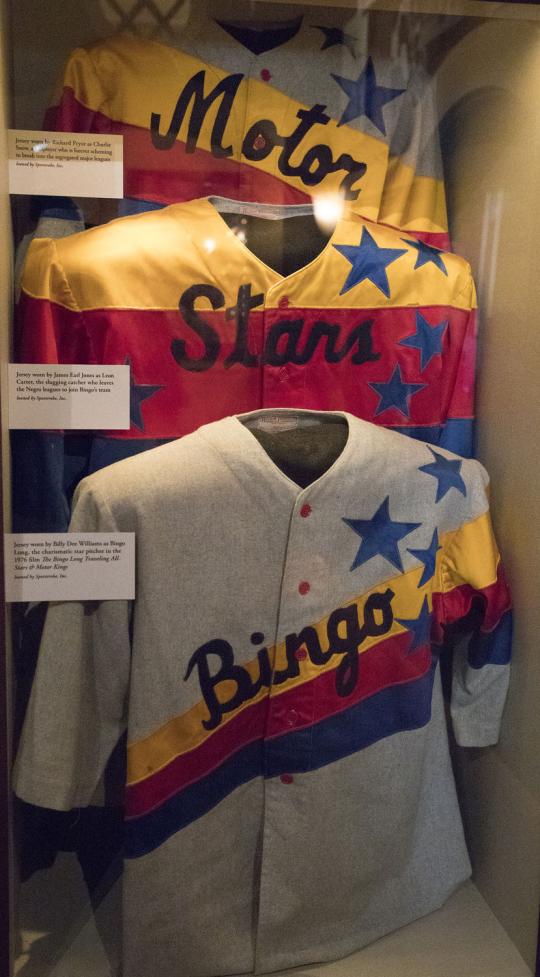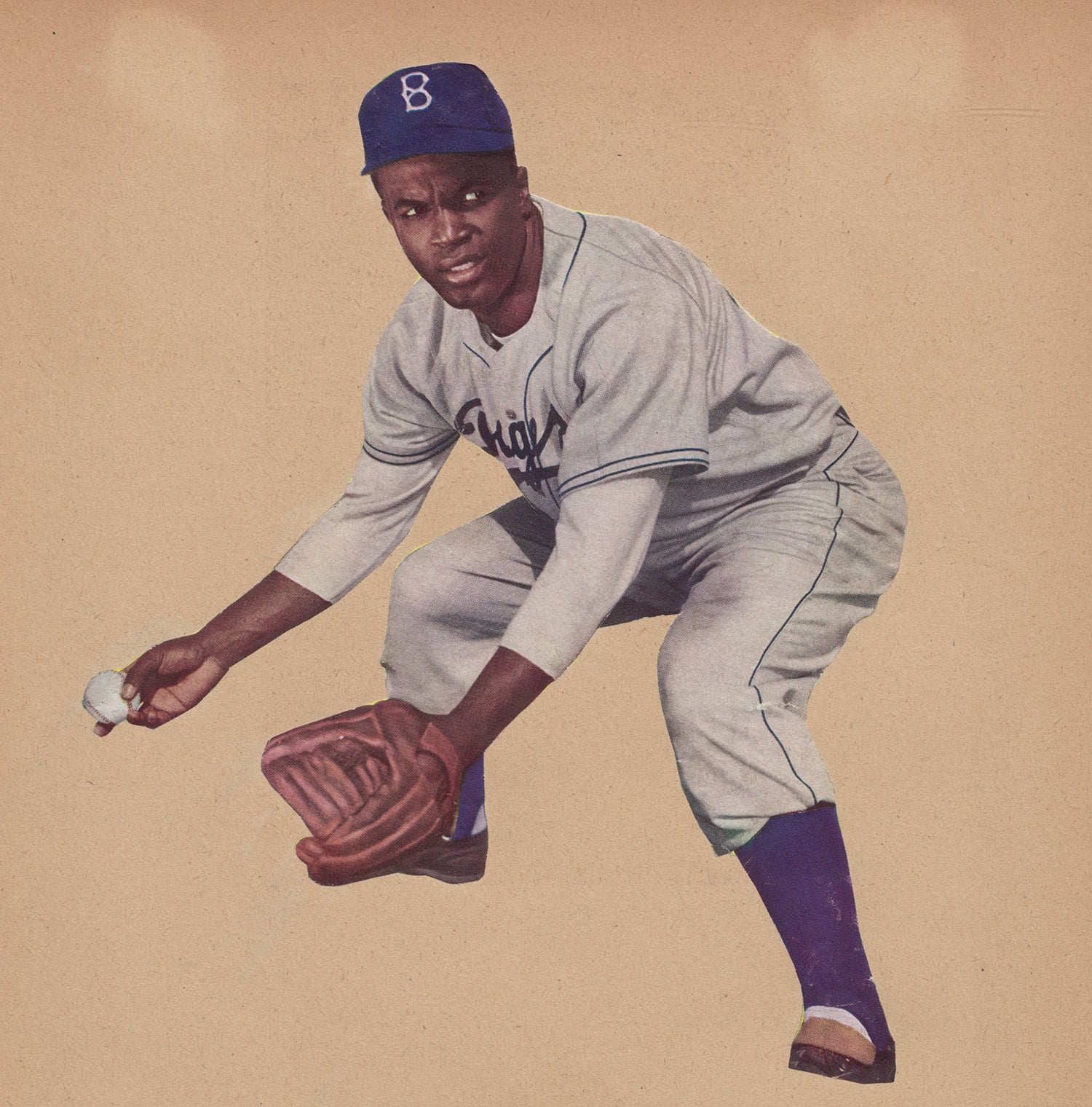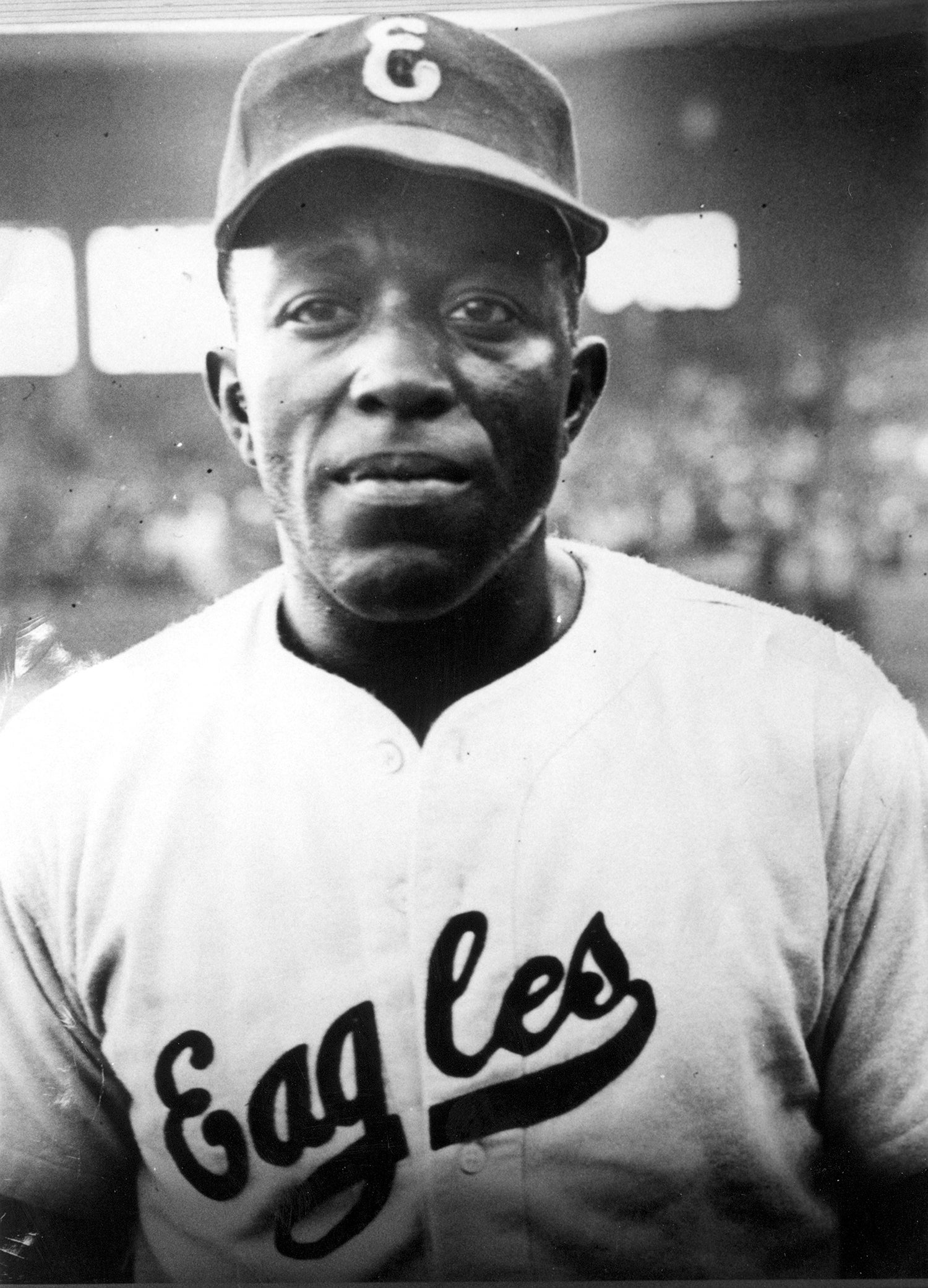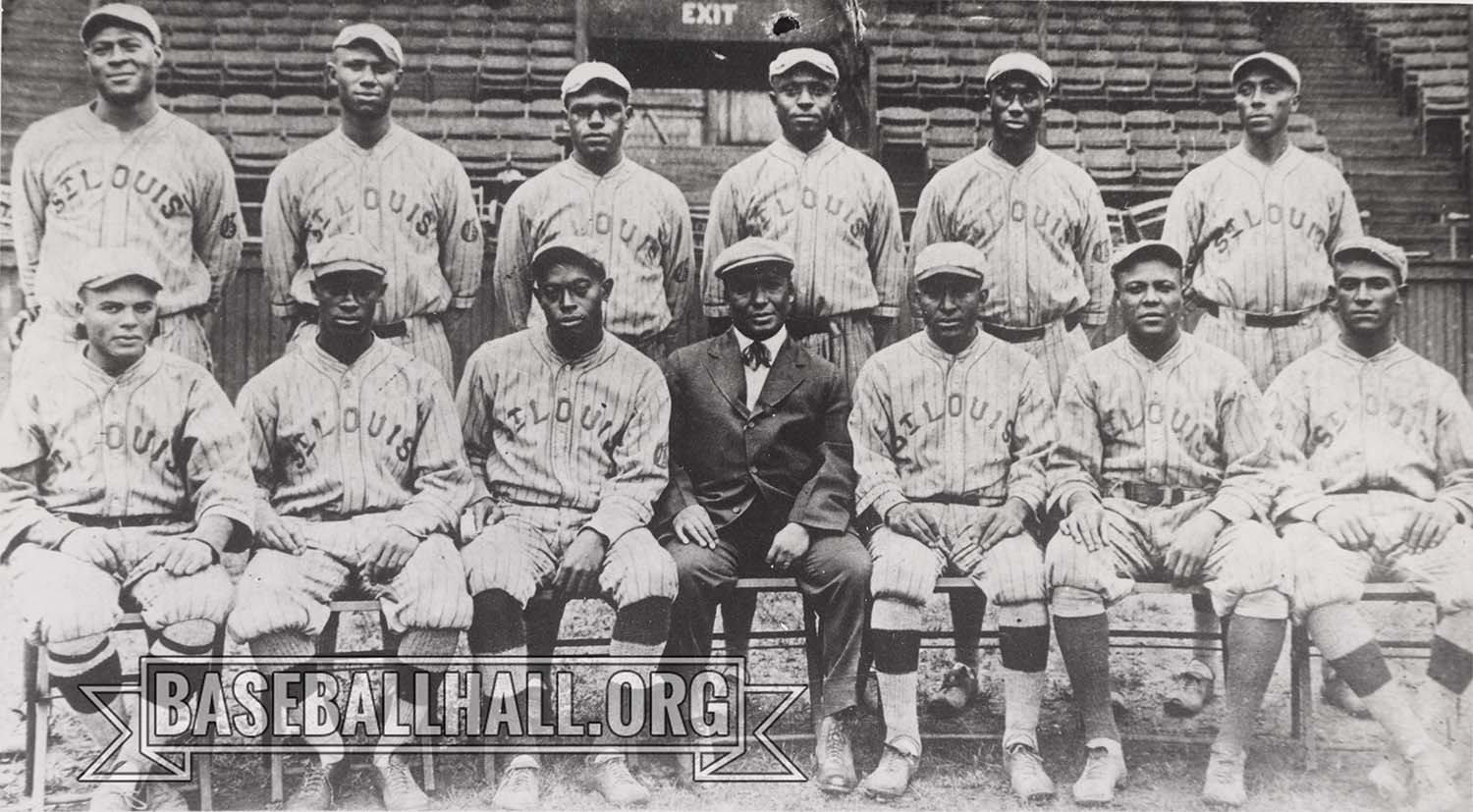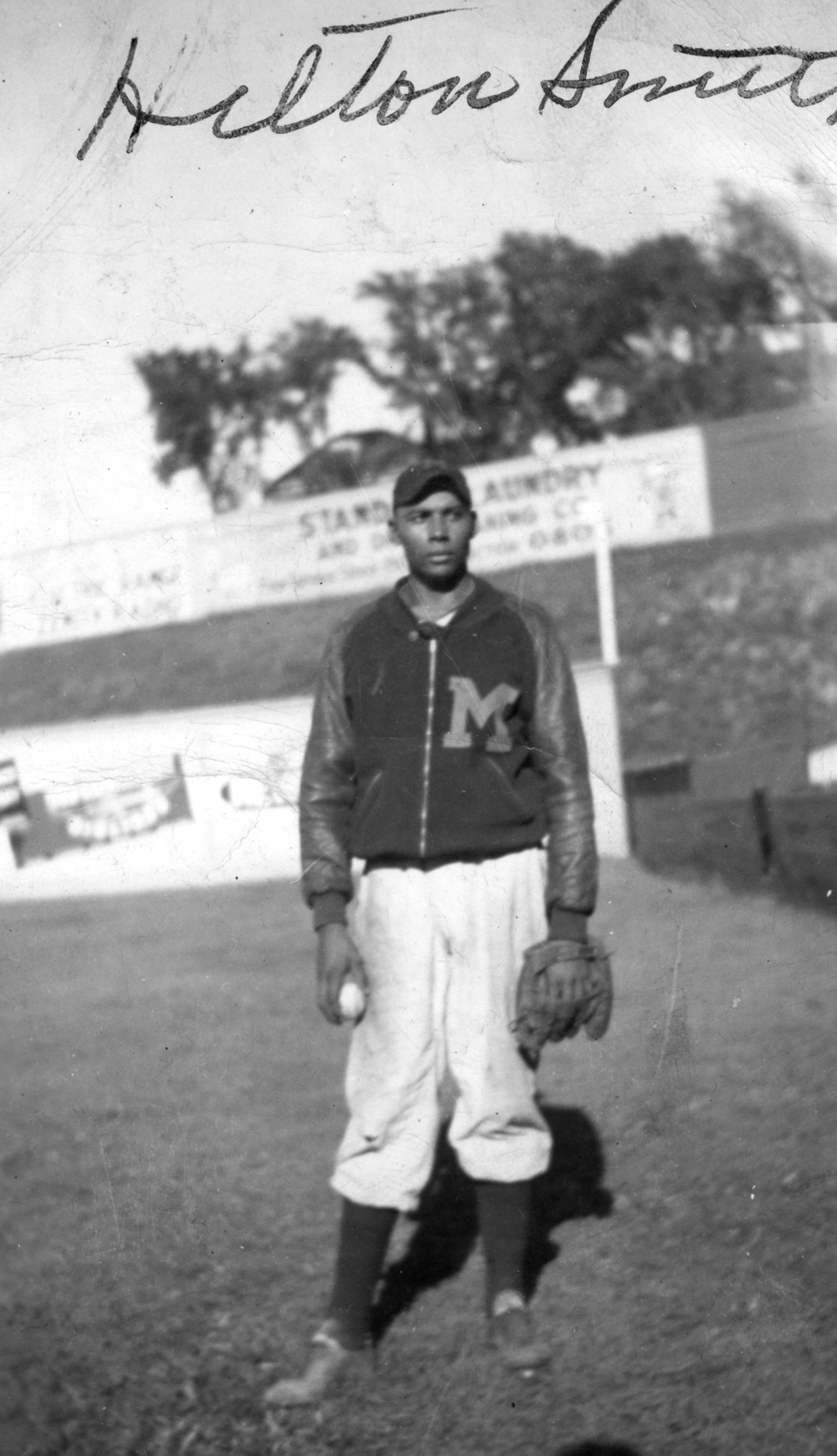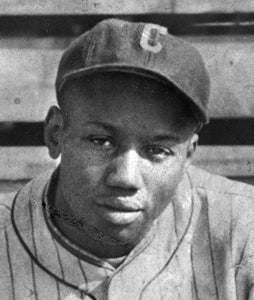- Home
- Our Stories
- Bingo Long’s history preserved at Museum
Bingo Long’s history preserved at Museum
Baseball and motion pictures go together just like peanuts and Cracker Jack – and even further back than when the snack pairing was first advertised in “Take Me Out to the Ballgame.”
But while dozens of films have adopted baseball as a central theme or motif, few have sought to recapture the heady days of the Negro Leagues and African-American baseball.
On July 16, 1976, Universal Pictures released a movie depicting just that when The Bingo Long Traveling All-Stars & Motor Kings premiered in theaters. Running almost two hours, the film, directed by John Badham – who, a year later, would gain fame directing Saturday Night Fever – and co-produced by Motown’s Berry Gordy, portrays a group of former Negro Leaguers who split from their teams in favor of barnstorming throughout the Midwestern United States.
The Baseball Hall of Fame recently acquired five lobby cards from the movie, each one depicting a different scene. Lobby cards such as these, which measure 11 inches by 14 inches, are often used by production companies to promote their films, similar in nature to the more common film posters. The cards feature the movie’s major stars: Billy Dee Williams, who played the title role of Bingo Long; Richard Pryor, who played Charlie Snow, a ballplayer who desired to break into Major League Baseball however he could; and James Earl Jones, who was the team’s slugging catcher, Leon Carter.
Bingo Long was roughly based on a 1973 novel by William Brashler, who also authored books on Josh Gibson and on the history of the Negro Leagues. The novel was re-published in 1993 with a scene from the movie on its cover.
Filmed mostly in Macon, Ga., because its landmarks, including Luther Williams Field, were straight of the 1930s – when the movie takes place – Badham explained that the film was more than just about baseball.
“It’s about people and their efforts to achieve a little measure of independence at a time when black people had no independence at all,” Badham said. “It’s like an emerging black capitalism in a sense – these fellows breaking away from the owners of the Negro National League and saying, ‘We’ll have our own team and do our own barnstorming.’ And they have a lot of fun doing it. The picture is basically a comedy but there’re a lot of warm, human relationships in there.”
In 1939, Ebony Aces star pitcher Long finally rejects the treatment of his team owner, Sallison Potter (played by Tony Award winner Ted Ross), and goes off on his own, creating a team of fellow Negro Leaguers to play a variety of local teams, including a number of white teams. Crowds flock as Long and his squad, attired in colorful uniforms, perform various choreographic routines as they make their way through the towns. They adopt a number of comedic stunts to appease fans whose home teams were just beaten.
As Negro League teams begin to notice their attendance decreasing as a result of fans turning to the entertainment and excitement brought on by Long’s squad, Potter and his fellow owners face a dilemma. He decides to create his own all-star team to take on Long’s traveling all-stars, and if Long’s team wins, they can join the league. If Long’s team loses, it must disband, with its players returning to their previous teams. Along the way, Potter sends off a couple of hired goons to try to make life miserable for Long and his all-stars.
James Earl Jones played the part of the Bingo Longs’ slugging catcher, Leon Carter, in The Bingo Long Traveling All-Stars & Motor Kings. (Milo Stewart Jr./National Baseball Hall of Fame and Museum)
Share this image:
While we won’t spoil the ending for those who have not seen the movie, there are parallels to what actually happened to the real Negro Leagues following Jackie Robinson’s signing with the Dodgers organization.
When one of Long’s all-stars, “Esquire” Joe Calloway, has the opportunity to break the major leagues’ color barrier, Carter expects to see the Negro Leagues decline over time. Long disagrees, feeling that the various promotional events he will pursue will also bring customers through the turnstiles. As Robinson and other African-American ballplayers left the Negro Leagues for the majors and minors, the Negro Leagues declined in favor of “clown” teams and barnstorming teams from the 1950s into the 1960s.
While the movie stars might take center stage, baseball fans will note the presence of major league umpire Emmett Ashford as well as major leaguer Leon Wagner, who played first baseman Fat Sam Popper. Samuel “Birmingham Sam” Brison, who once played for the Birmingham Black Barons, also had a role in the film. According to Brison, there was more fact than fiction in Bingo Long.
“Just making this movie is like doing my life story,” he said. “This is more truth than anybody ever seen in their life. This picture scares me.”
It may have spooked Brison, but it didn’t scare audiences. The Bingo Long Traveling All-Stars & Motor Kings kept moviegoers coming through the turnstiles. The film grossed more than $33 million, received largely positive reviews and has been a favorite among baseball enthusiasts for more than 40 years.
While Bingo Long helped jump start the film careers of Williams, Jones and Pryor, it also allowed a diverse audience to get its first brief peek at the exuberance, independence, and sometimes tempestuous nature of African-American baseball in the 1930s.
Matt Rothenberg was the manager of the Giamatti Research Center at the National Baseball Hall of Fame and Museum

